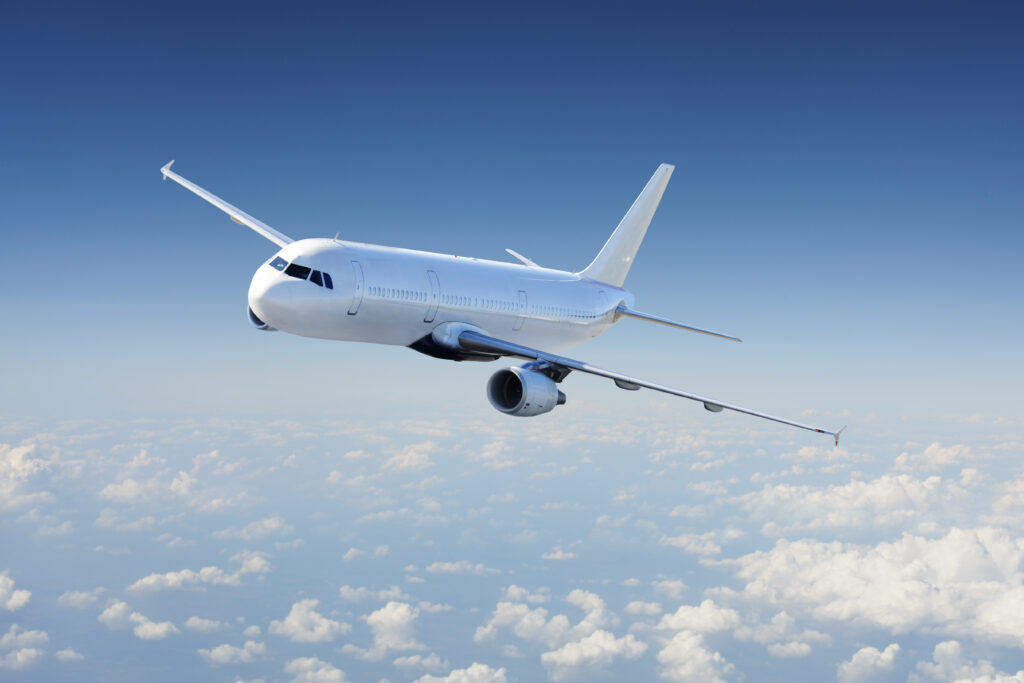
Dental implants can be a wonderful way to replace missing teeth with lifelike and functional restorations, but you may wonder how soon you can safely travel after having them surgically placed. While you shouldn’t have any problems with flying after receiving a single or a few implants, it’s probably best to wait a while before flying after getting many implants, a sinus lift, or significant bone grafting. Here’s a quick guide to flying after dental implants including a few tips for keeping your voyage more pleasant.
Flying After Dental Implant Surgery
Unless you are informed otherwise by your oral healthcare provider, it is safe to fly immediately after receiving a single dental implant that involves no complications or additional treatments such as bone grafts or sinus lifts.
However, if your dental implant surgery involved many implants or additional treatments, it is best to wait for ten to fourteen days before traveling by air. It is even more important to observe this waiting period if you received a full sinus lift during the procedure. While this doesn’t mean that you cannot fly if you are dead-set on it, flying can cause complications with the healing process due to the changes in air pressure that come with increasing elevation.
Tips for Flying After Dental Implant Surgery
While you can fly after receiving dental implants, there are a few measures you can take to keep up with your aftercare instructions. A few of these are:
- If your flight is the same day as your surgery, sit next to the aisle near the lavatory so you change your gauze every 30 to 45 minutes until the bleeding stops.
- If your flight takes place on the day after your surgery, try to get an aisle seat with easy access to the lavatory so you can rinse with salt water every few hours. It’s a great idea to bring a little salt and a bottle or two of water so you can mix them together on the fly.
- Let your flight attendant know if you have been prescribed pain medication that can make you groggy. This way, they will know not to worry if you seem a little sleepy.
- Bring plenty of gauze to control any bleeding during the six to eight hours after your surgery. Keep biting firmly until the flow stops.
It’s also worth remembering that dental implants will not set off metal detectors since they are made from non-magnetic titanium. With a little forethought, you can help your post-operative aerial voyage be a pleasant one.
About the Author
Dr. Kyle Williams earned his dental degree at the University at Buffalo in New York and completed a two-year general practice residency at the University of Tennessee Graduate School of Medicine. He is proud to be a member of the American Academy of Implant Dentistry and the American Dental Association. His office in Columbia, TN offers general, cosmetic, and restorative dentistry as well as dental implants. To learn more about aftercare for dental implant surgery, contact his office online or dial (931) 388-8452.


